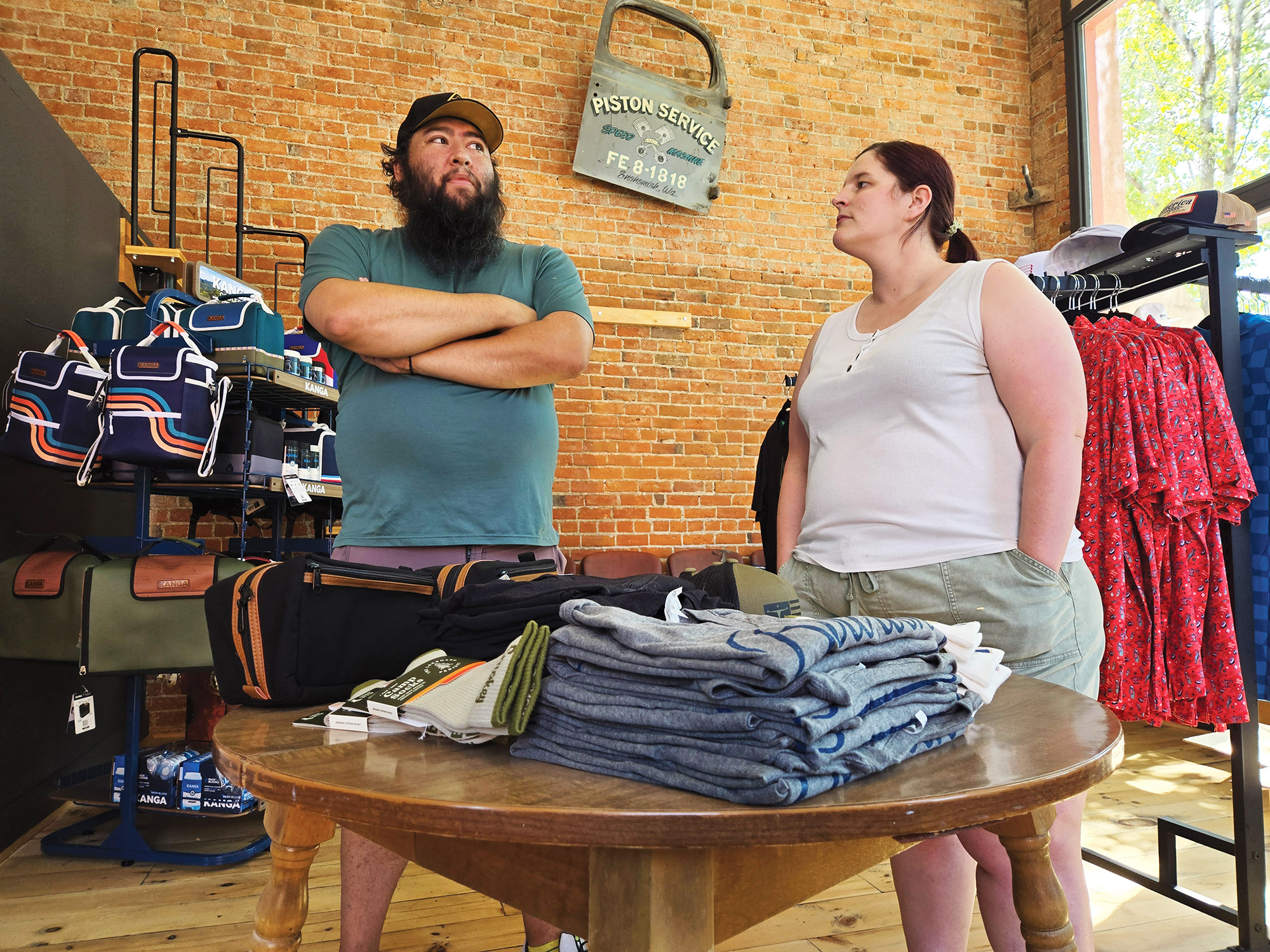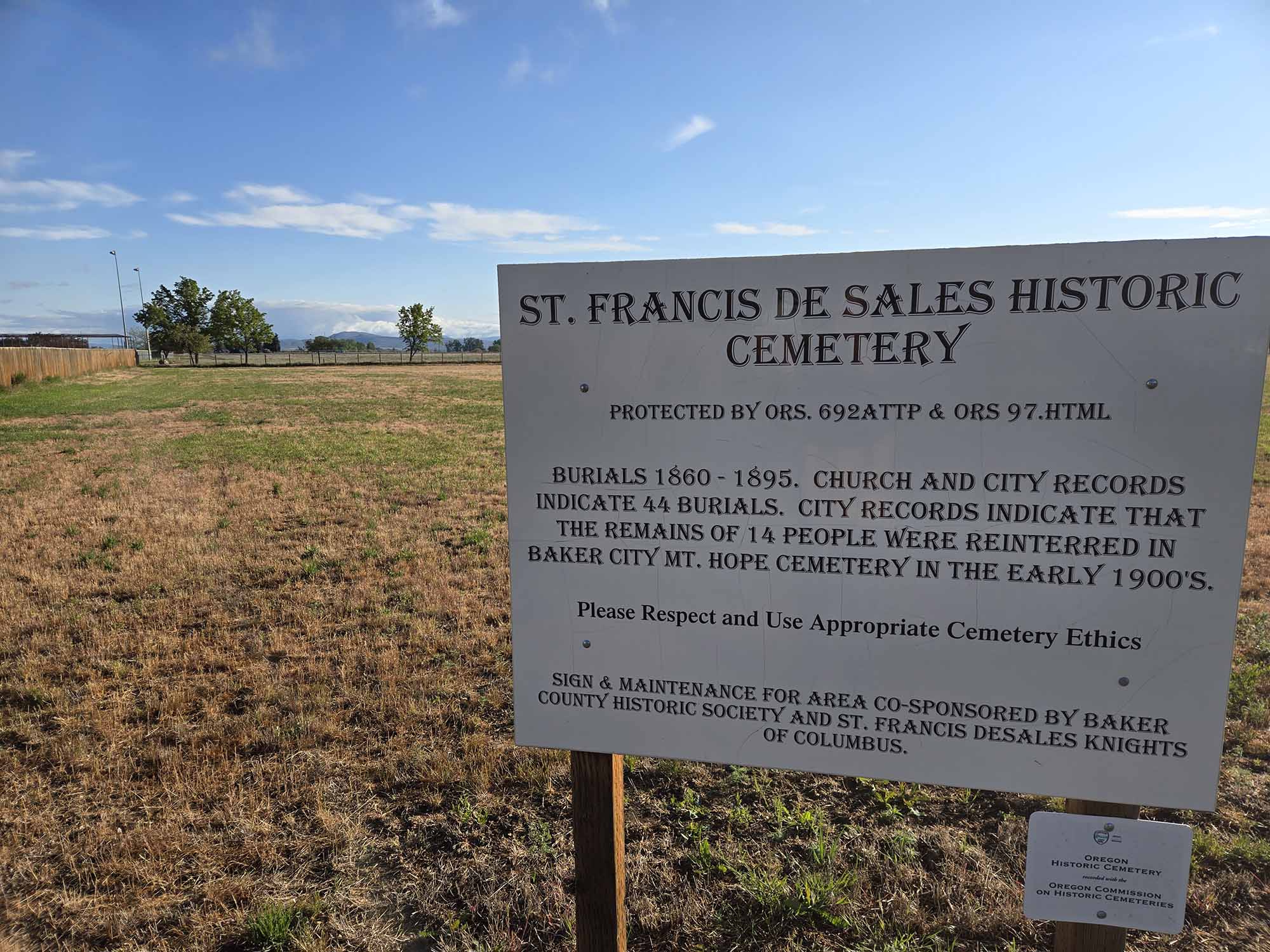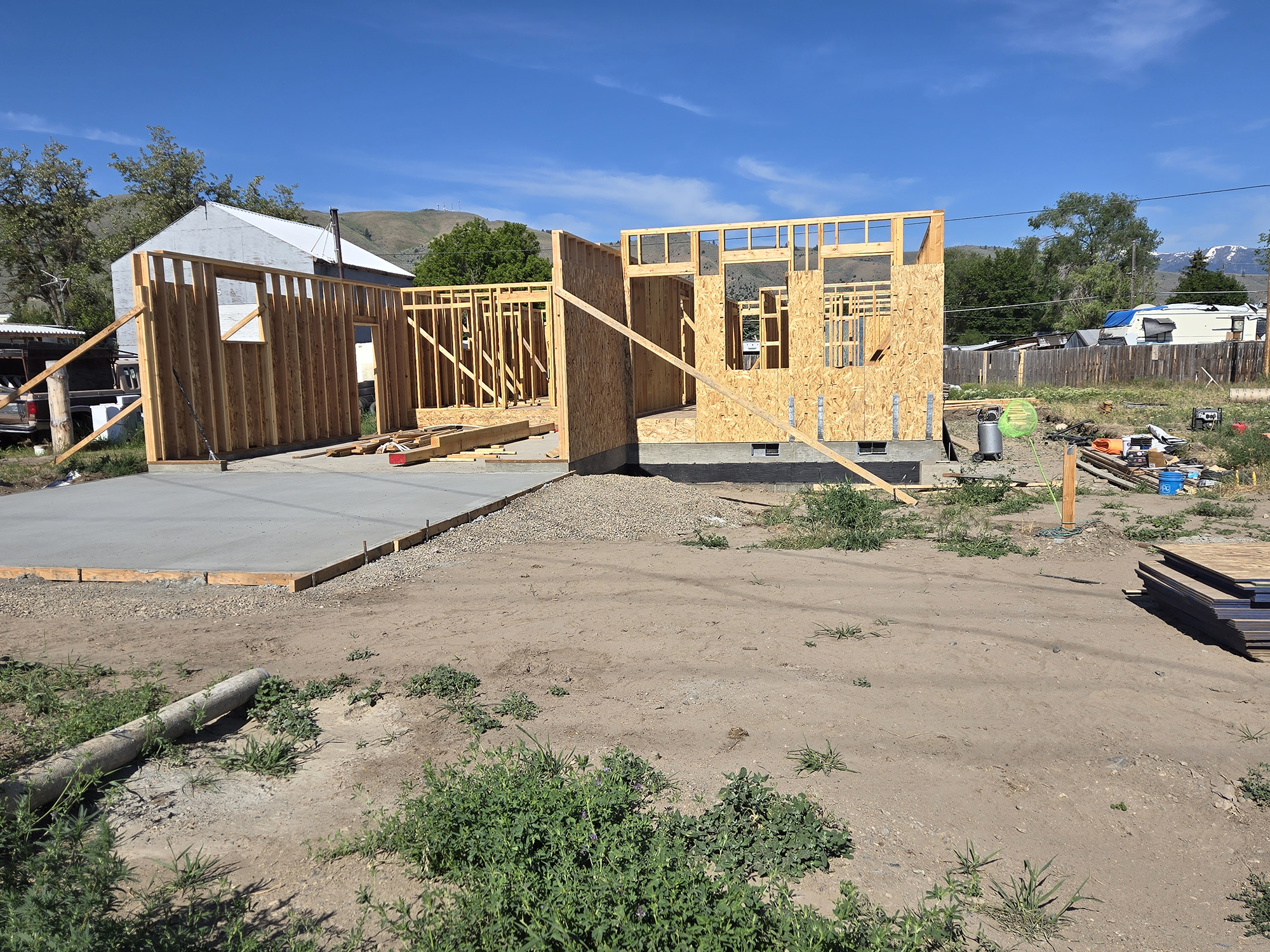COLUMN: Vaccines, freedom, and choosing to be healthy
Published 2:00 pm Friday, September 17, 2021

- Jacoby
I understand why many people bristle at the notion of the government telling them to get a COVID-19 vaccine.
Trending
What I don’t understand is why so many people, for whom the decision to this point has been strictly personal, refuse to get the shot.
These two issues have gotten mixed up recently into a single — and singularly nasty — political debate.
But they’re dramatically different propositions, and it seems to me that their melding has obscured the reality of the current situation, which is that a lot of our friends and neighbors are getting sick when they didn’t need to.
Trending
The issue of government officials requiring inoculations is for many of us theoretical. These impending “mandates” hardly meet the definition for that word. They don’t apply to a lot of people. And many who are ostensibly affected have either been vaccinated, or likely will be able to opt out by claiming a medical or religious exemption.
I see quite a lot of claims these days about elected officials eviscerating some of our fundamental freedoms, but as regards COVID-19 vaccinations they’re doing an awfully poor job of cutting.
In Baker County, more than nine months after vaccines became available, slightly more than half of the residents 18 and older are vaccinated.
The vaccination mandates that Oregon Gov. Kate Brown and President Joe Biden announced might boost that figure, but given their limited range and the exemptions, I don’t expect that the increase will be significant.
Freedom, of course, is the foundation for America.
Our country is based on the idea that the rights of the individual supersede the regulatory authority of the government.
How fortunate we are to live in such a place.
Few people in history, and perhaps no others, have been given a greater gift by their forebears.
Americans’ disdain for intrusive government — particularly when the intrusion involves something as personal as our bodies at the cellular level — is among our more distinctive traits.
And an admirable one.
I oppose the state and federal vaccination mandates not because I disagree with their goal — in fact I wholeheartedly support the effort to get everyone vaccinated who is eligible and for whom it is medically safe.
I oppose the mandates because I think they will, for the most part, fail.
Moreover, the mandates are deepening the already chasm-like divide that the pandemic, and specifically the vaccines, have gouged into American society.
This, I fear, is a corrosive effect that, even after the pandemic has passed into history, will continue to erode the spirit of selflessness and community that is such a noble aspect of America.
The alternative — truly compulsory vaccination, forcibly conducted by the government — is so antithetical to our country, and its Constitution, that it’s not a legitimate option.
But there’s something that disturbs me quite a lot more than a governor and a president flexing regulatory muscles that might well turn out to be much more flabby than these elected officials seem to believe.
Which is that so many people, who are and have been utterly free to decide for ourselves about being vaccinated, choose to eschew the option that very likely would protect them, and perhaps people they love, from getting sick.
This has nothing to do with government.
It has nothing to do with freedom, or with mandates.
I didn’t need Brown or Biden to explain to me why it’s better to be healthy than ill. I was vaccinated as soon as the doses were offered — the first in March, the second in April — because I understand that vaccines are one of the greater achievements in human history.
I’m not now, and never have been, especially worried about what COVID-19 could do to me.
We know quite a bit about this illness, including which groups of people are most likely to get severely sick or die if they’re infected.
I’m not in any of those groups.
But I still don’t like to be ill, even if the symptoms are no worse than a common cold. I happen to subscribe to the notion that the less snot I produce, the better.
Much more important, I don’t want to be a host for this or any other virus, don’t want to be the vector that spreads it to other people, some of whom, inevitably, will be much more vulnerable to its effects than I am.
As I mentioned, I think the debate about vaccine mandates, and the facts about the vaccines themselves and about the virus, have become intertwined. This is unfortunate, and confusing.
There is nothing inconsistent about simultaneously opposing vaccine mandates and urging everyone to be vaccinated.
But to focus on the former and in effect ignore the latter, which seems to me the situation now, is largely responsible for the harmful circumstances in which we’re mired.
The debates about mandates and freedom and government overreach are interesting, to be sure.
Yet even as we kick these around in a rhetorical sense with letters and rallies and lawsuits, it’s the paltry vaccination rates, in Baker County and elsewhere, that are mostly responsible for the crowded hospitals and the prospect that Baker County residents — those who are sick with COVID-19 and those who have other medical emergencies — might be deprived of the level of care they would otherwise have.
The pandemic and the myriad topics associated with it can seem confounding in their complexity.
But there are key questions to which we have definitive answers.
The vaccines, by any reasonable measure, are effective and safe. They are not perfect in either way, of course. No reputable person ever claimed otherwise.
During the current unprecedented surge in COVID-19 cases in Baker County, which started in late July, only about one in 10 of the people infected was vaccinated.
Doctors at Saint Alphonsus Medical Center-Baker City said that all of the COVID-19 patients they’ve treated who had severe symptoms were unvaccinated.
Statewide, of vaccinated people who were infected with COVID-19, just 4.9% have been hospitalized, and just 0.9% died.
The benefits of the vaccines are beyond dispute.
About 180 million Americans are fully vaccinated. About 382 million doses have been given.
If the vaccines were causing severe and widespread health problems, we would know. Vaccine experts say — and history shows — that the rare instances when a vaccine is actually harmful are confirmed quickly, since the effects typically arise within days, or even hours, of the inoculation.
Skeptics cite VAERS — the Vaccine Adverse Effect Reporting System, a database started in 1990 by the Centers for Disease Control and Prevention and the Food and Drug Administration to help identify problems with vaccines.
VAERS can be useful. It helped officials confirm that the Johnson & Johnson COVID-19 vaccine, in a tiny fraction of instances, can cause blood clots. The six cases that prompted a brief pause in the use of the vaccine this spring all occurred within two weeks of the vaccination; again, there is no credible evidence that any COVID-19 vaccine is harming people months after it’s administered.
Those who claim VAERS proves that COVID-19 vaccines have severely harmed, or even killed, thousands of people, are simply wrong.
VAERS, notwithstanding its virtues, is in some respects no more credible than a social media post.
The main reason is that anyone can submit a report to the database; it’s not the exclusive province of doctors. More to the point, no expert investigates every VAERS report, before they’re added to the database, to determine whether the “adverse event” was actually caused by the vaccine, or even whether it happened at all.
The VAERS website concedes as much.
“One of the main limitations of VAERS data is that it cannot determine if the vaccine caused the reported adverse event,” the website states. “This limitation has caused confusion in the publicly available data from VAERS WONDER, specifically regarding the number of reported deaths. There have been instances where people have misinterpreted reports of deaths following vaccination as deaths caused by the vaccines; that is not accurate.”
While some people are proffering unproven, and almost certainly farcical, claims about vaccines hurting and killing Americans, others, most of them unvaccinated, are struggling for each breath in a hospital. Some are dying. And these tragedies, unlike a list of specious reports on a database, are tangible. We can see the tears of their loved ones during interviews, and read their words of despair and regret.
I dislike the government telling people to get vaccinated.
But the anger that the vaccine mandates has provoked would seem to me much more righteous if it weren’t being expressed at the same time that so many people are suffering needlessly.
Jayson Jacoby is editor of the Baker City Herald.








